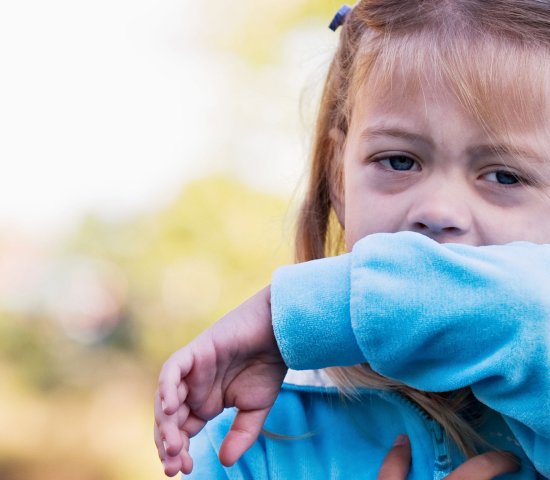
The effects of global climate change include increased average temperatures, rising sea levels, increasing air pollution, the spread of infectious disease, increased food and water-borne disease, and an increase in frequency and severity of natural disasters. These events are projected to have profound effects on human health.
Vulnerable communities include:
- Low-income communities
- Some communities of color
- Immigrant groups
- Indigenous peoples
- Children and pregnant women
- Older adults
- Vulnerable occupational groups
- Persons with disabilities
- Persons with pre-existing or chronic medical conditions
Below is a list of potential impacts of climatic changes on human health.
|
Environmental Hazard |
Impact on Human Health |
|
Higher temperatures and UV radiation |
Increase in heat exhaustion, heat strokes, cardiovascular and respiratory problems, and skin cancer from ultraviolet radiation |
|
Sea level rise, floods, droughts, and wildfires |
Drowning, contaminated food and water, malnutrition, dehydration, eye and respiratory disease, and mental illness |
|
Increasing air pollution and aeroallergens |
Asthma, nasal and eye irritation, coughs, bronchitis, and respiratory infections |
|
Loss of biodiversity, changes to temperature, humidity, and rainfall |
Increase in vector-borne diseases including malaria, dengue fever, West Nile virus, Rift Valley fever, Chikungunya fever, Lyme disease, and encephalitis |
|
Increasing temperature and heavy rains |
Increase in outbreaks of food and water-borne diseases including infectious diarrhea, Cryptosporidium, Giardia, Salmonella, E. coli, and rotavirus |
|
Resource scarcity and population growth |
Malnutrition, water scarcity, mass human migration that can result in war, political instability, poverty, and mental illness |